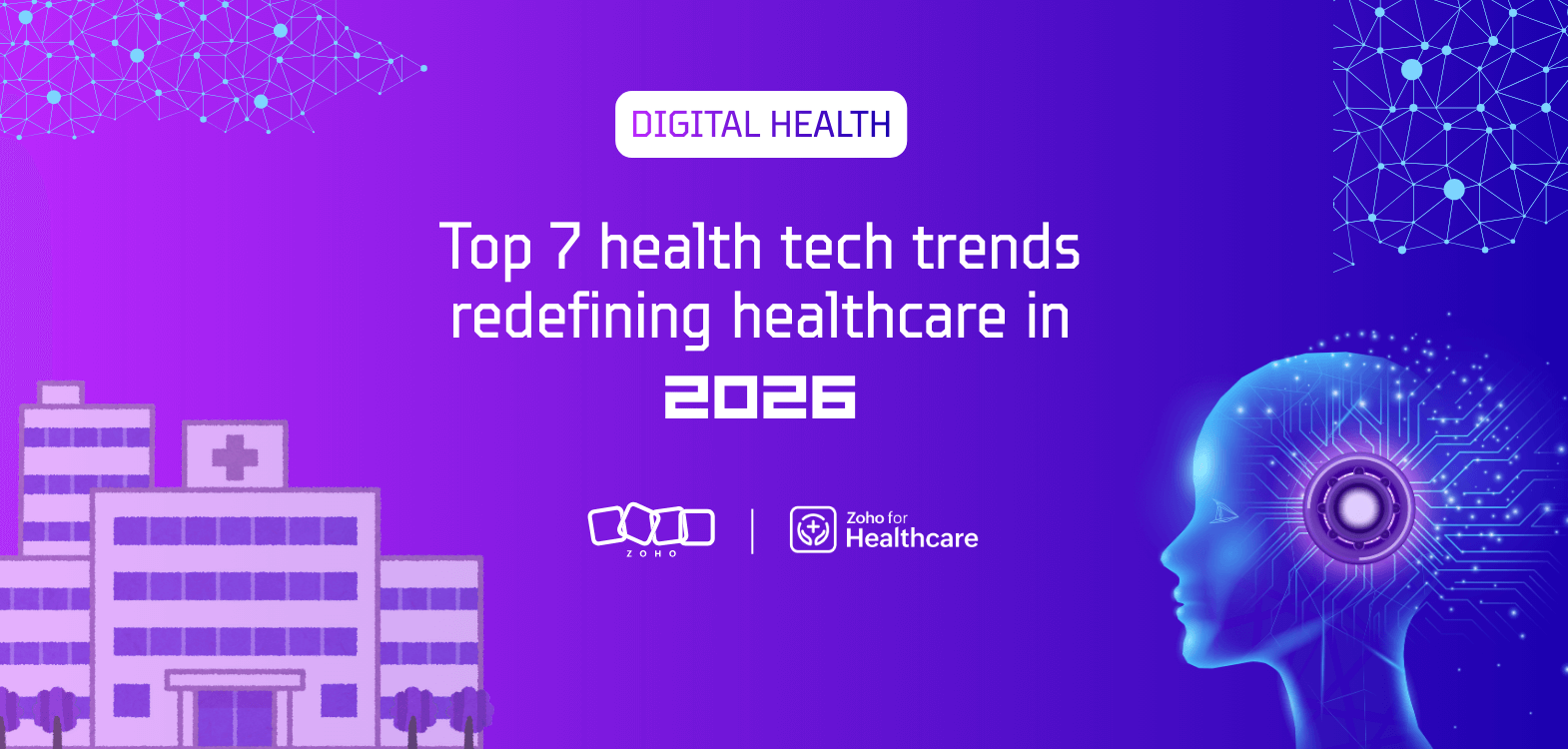- HOME
- Digital Health
- The importance of cloud computing in the healthcare industry
The importance of cloud computing in the healthcare industry
- Last Updated : December 11, 2023
- 1.1K Views
- 4 Min Read
Cloud computing has transformed the healthcare industry with valuable innovations and intuitive technology. We can see its impact when we look at cloud-based telemedicine platforms conducting virtual consultations with patients. These platforms typically allow patients to use video conferencing to meet with health care providers remotely. During consultations, providers can access a patient's medical records and other relevant information in real time. They should also be able to make updates to the patient's records, if needed.
Cloud computing helps improve the quality of care for patients unable to travel to a hospital or clinic, and helps reduce costs for both patients and clinicians. It also equips organizations with the tools to create a connected, accessible, and collaborative space for patients and medical professionals.
Many leading medical providers invest in cloud adoption to reduce operational costs, management costs, and processing fees. According to The Economic Times, the global healthcare cloud computing market will reach USD 148.19 billion by 2028.
What is cloud computing in healthcare?
Cloud computing uses remote servers to store, manage, and process applications and medical records. Many feel cloud computing has the potential to transform the medical industry by improving the efficiency and delivery of medical services.
Instead of maintaining physical infrastructure and hardware, cloud computing helps users access resources and services directly from the internet. It also makes it easy to store documents on a server, where you can access them from any device at any time.
Advantages of cloud computing in the healthcare industry
The healthcare industry regularly generates massive amounts of sensitive digital data. Hospitals and clinics are expected to securely maintain this data, which may include patients' personal information, medical data, appointment history, and lab test results.
Here are some advantages of cloud computing in the healthcare industry:
Data security: Cloud-based solutions can improve data security with encryption and secure data centers. This helps protect sensitive patient information.
Collaboration: Cloud-based solutions help healthcare professionals easily share and access patient information, and collaborate on treatment plans from any location to ensure continuity of care. A secure, easy-to-use collaboration tool (like Zoho Cliq) streamlines communication between health care providers to support the development of comprehensive care solutions.
IT cost reduction: With cloud-based solutions, healthcare organizations can reduce IT costs by eliminating the need for expensive hardware and software. They only need to pay for the resources they use, and have the flexibility to scale up if needed. This way, they can avoid unnecessary costs and heavy upfront investments in hardware and infrastructure.
Disaster recovery: In the event of a natural disaster or power outage, cloud-based solutions can help healthcare organizations to continue operating. They provide access to critical information and systems from any location, and save all data on a remote server.
Flexibility and scalability: Cloud computing allows healthcare organizations to quickly and easily scale up or scale down their IT resources as needed, providing greater flexibility to meet changing demands. This helps organizations better respond to fluctuations in patient volume and other conditions.
Data management and access: Cloud-based storage makes it easier for healthcare organizations to store, manage, and access large amounts of data. It also helps improve the efficiency and accuracy of patient care and facilitates collaboration among health care providers. Online file management tools, such as Zoho WorkDrive, offer a secure place to store sensitive patient information and medical records, in addition to shared workspaces. WorkDrive complies with HIPAA, GDPR, and SOC-2 standards to keep all of your clinical records encrypted and secure.
Applications for cloud computing in healthcare
The IT sector has long employed cloud computing for data backups, software development, testing, disaster recovery, and more. Now, it's become clear that cloud computing has many potential applications in the healthcare industry.
Electronic health records (EHRs): Cloud-based EHR systems allow health care providers to access and share patient medical records and other data from any device with an internet connection. This improves care coordination and reduces errors.
Telemedicine: Cloud computing supports telemedicine, which empowers health care providers to remotely diagnose and treat patients using video conferencing and other technologies. Telemedicine helps increase access to care in under-served areas and reduces the need for in-person visits.
Clinical trial management: Cloud-based systems help users manage and analyze data from clinical trials, improving the efficiency and accuracy of the research process.
Medical imaging: Cloud-based systems help store and share large medical images, such as X-rays and MRI scans, allowing healthcare providers to access them from any location.
Supply chain management: Cloud technology helps bridge the gap between the supply chain and administrative sides of health care by facilitating seamless data sharing. This helps ensure that hospitals and clinics have the necessary resources and supplies to provide better care.
Cloud computing services are crucial for the medical industry
Cloud computing has revolutionized the way clinics function. The healthcare sector is responsible for managing large volumes of sensitive data. All this information can now be securely stored in the cloud. Plus, cloud computing services help facilitate comprehensive medical services and clear communication among patients and health care providers.




